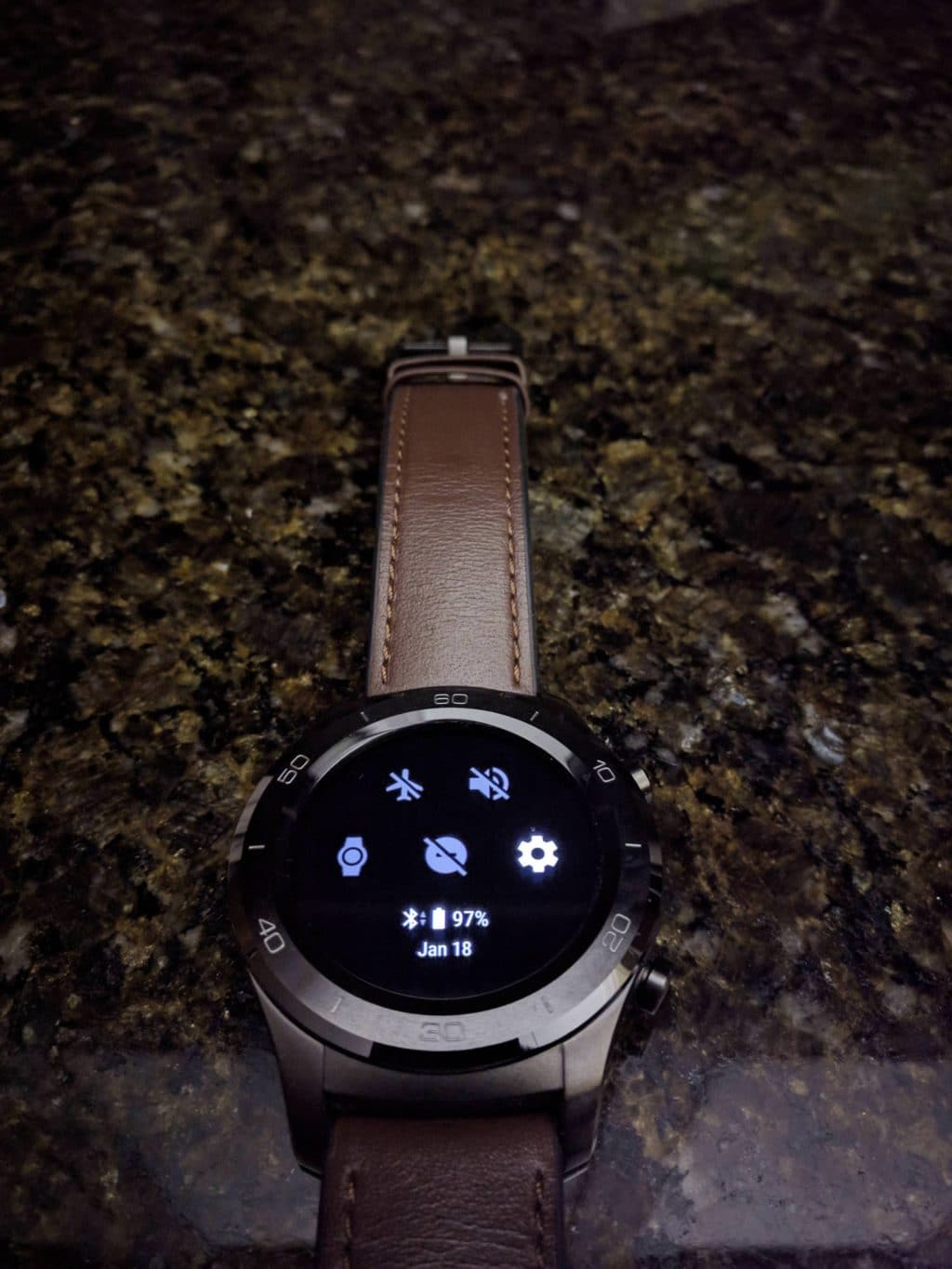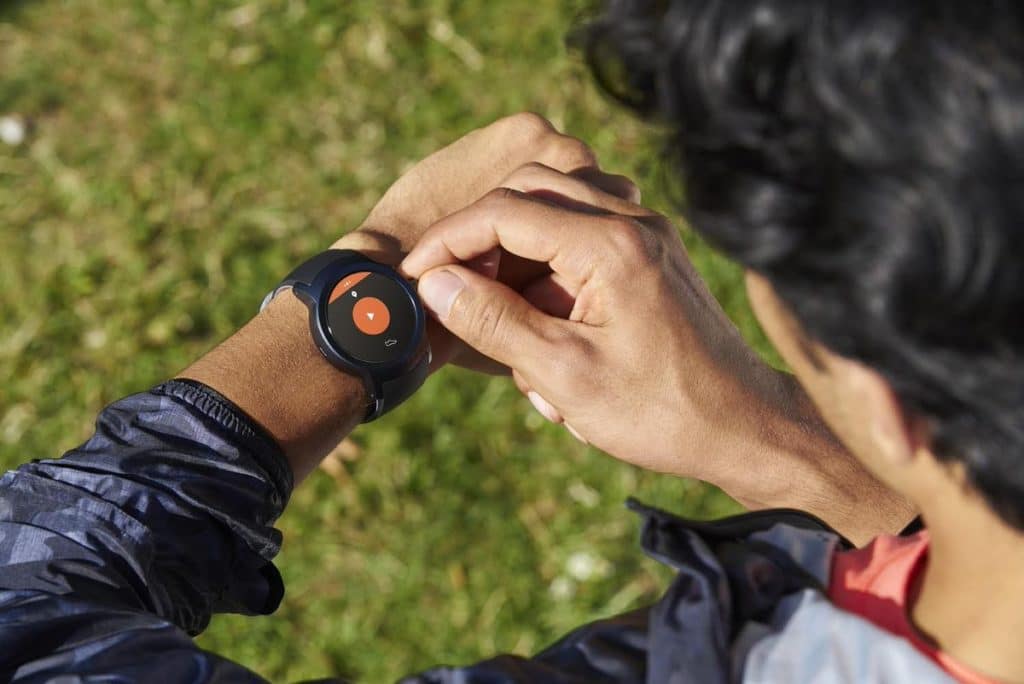
When a new device is launched, one of the best ways to find out how it really ticks, and how easy it can be to repair, is by tearing it down. Thanks to a new treatment from AnandTech, anyone interested to see what goes inside Samsung’s and LG’s new smartwatches can now do just that. What’s more, what the report reveals is quite interesting.
Samsung’s Gear Live and LG’s G Watch haven’t been available to buy for long, officially landing on the Google Play Store just a week ago. But while some, if not most, of the specifications for the wearables are listed on their specific pages, some of the finer details can only be gleaned by tearing open the devices. In the teardown treatment for the G Watch and Gear Live, AnandTech has revealed that both devices feature Qualcomm’s Snapdragon 400 quad-core chipset under the hood. Yes, all four Cortex A7 CPU cores are there, just like we’ve seen in plenty of mid-range devices (like Motorola’s Moto G).
The word on the street at this point for why Qualcomm’s processor was the one chosen, is because it was the easiest to implement, and Google could reference it from previous devices. Of course, neither one of these watches needs a quad-core processor, or the full amount of speed it can harness, so it’s understandable that it’s downclocked. It’s also believed that these are simply regulated to use only one core, and one core only.
If you thought that the wearables would be different inside, think again — both are exactly the same under the hood. The only differences is in the shell that you’ll be looking at every day.
With that in mind, which one would you pick?
[via AnandTech]
















